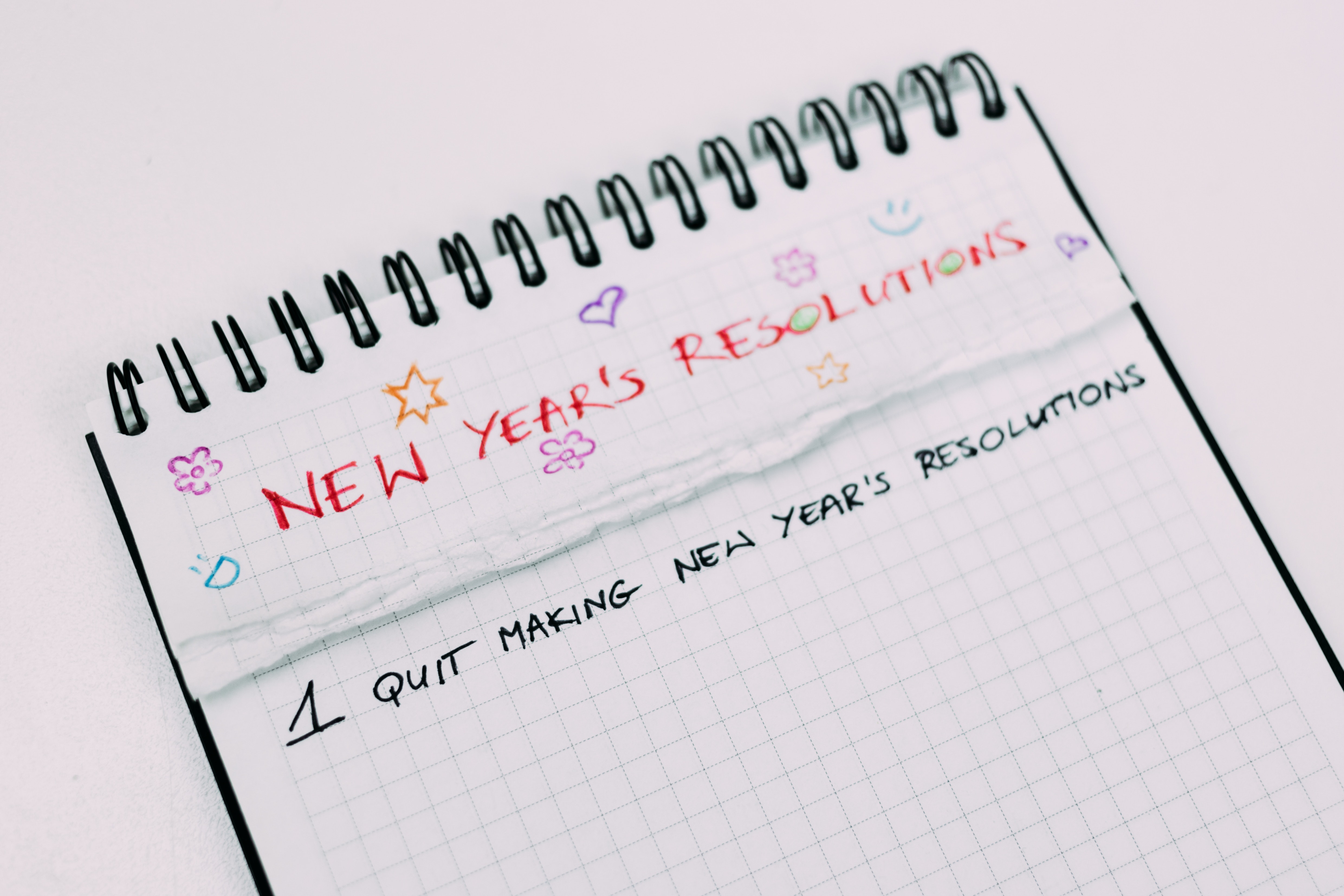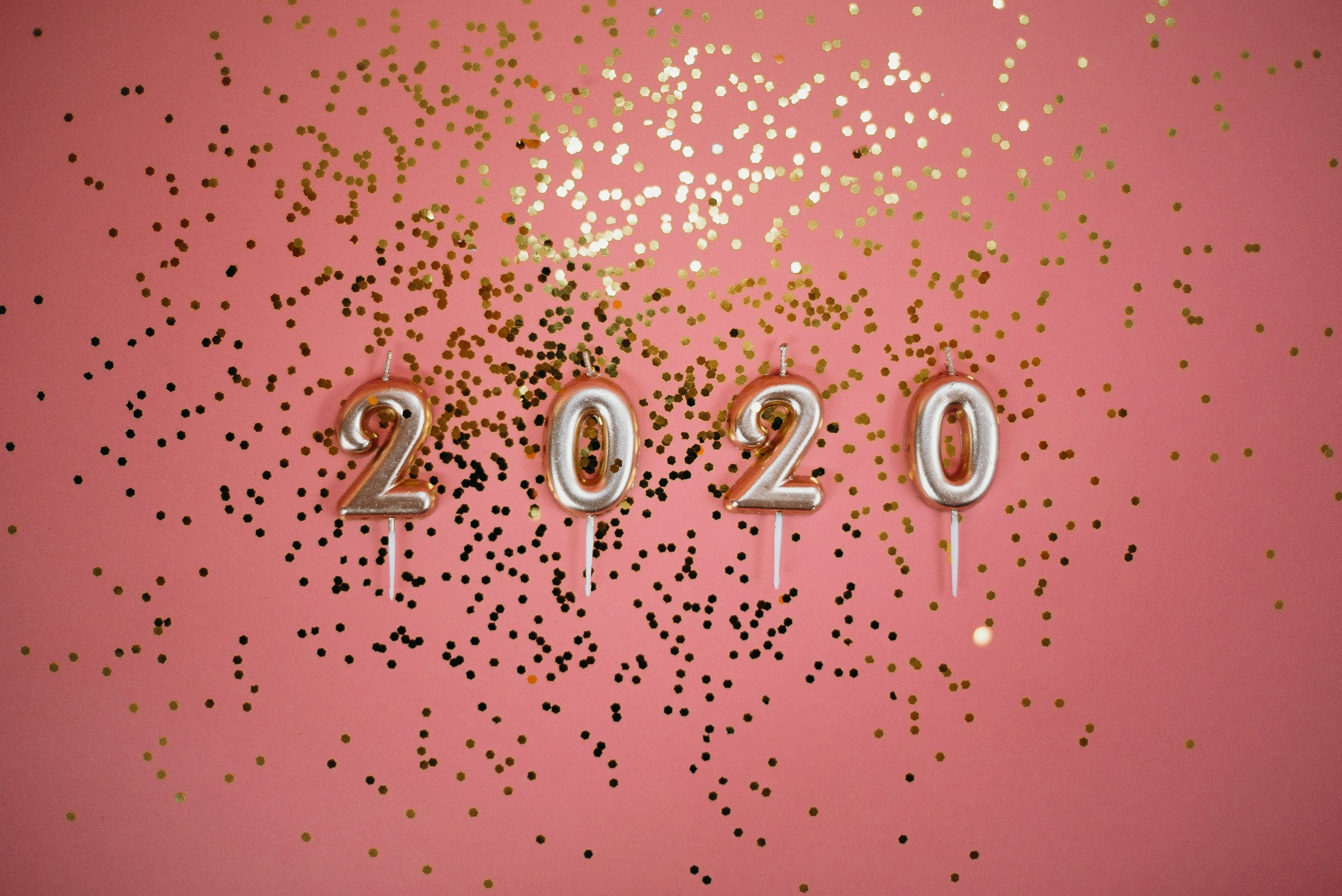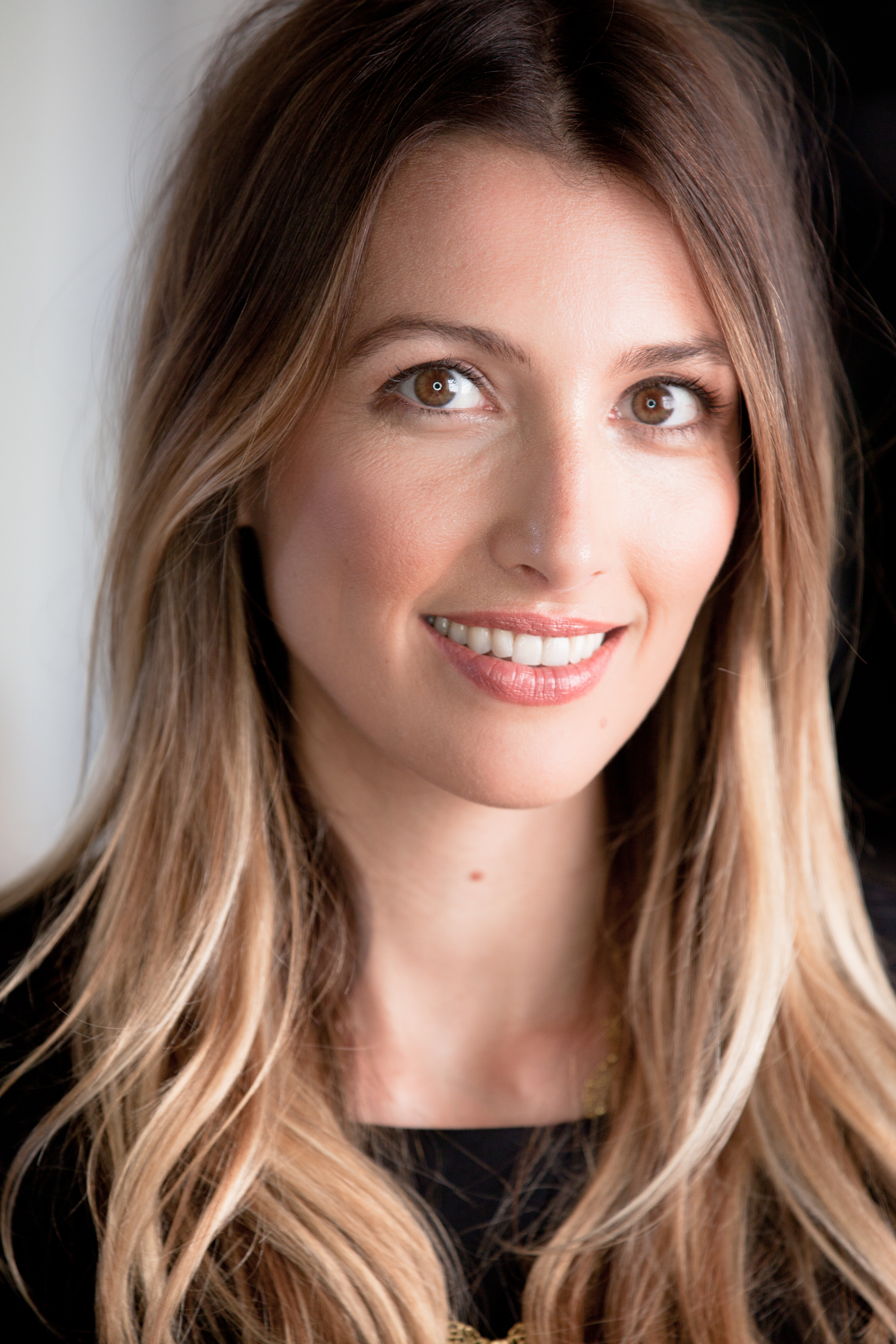
Originally posted on www.huffingtonpost.com.
How do you really feel about your New Year’s resolution? Be honest. Are you excited? If so, what’s the reason? Is it because you have a profound understanding of the change you are making, and have a plan for how you’ll make that change work? Or do you feel a sense of dread about changing something in your life “because you should” and “it’s good for you?”
I have had many resolutions that didn’t last and I know I’m not alone. For instance, there was one year I decided I was going to stop eating sweets. A couple of months later, my craving episodes came back stronger than before and I was mindlessly eating large quantities of Nutella and feeling guilty.
Chances are you have also experienced resolutions that were short-lived. Whether your resolution involved going to the gym, losing weight, spending more time in nature, or having more quality time with your family and friends, it’s important to take the time to understand why that resolution wasn’t successful (and if it was, please comment below and teach us all something!).
For example, in my medical practice (I am a primary care physician), I have patients who tell me that they should start going to the gym to lose weight. But, what if the reason they have never gone to the gym regularly is that they don’t like the gym environment or they don’t like doing the treadmill and weights? Should they really force themselves to go? To me, this is counterintuitive and limiting. There are plenty of other options that include movement and we have to take into account that we all have different preferences and abilities. To make a positive change that sticks, you first have to examine your current habits, and think about how they formed and why. The next step is to come up with solutions you are excited about ― not something you think you’ll do twice and then abandon because you’re not into it.
This is why I would like to challenge the idea of a resolution and propose an approach that I believe is more effective and long lasting. It is a continuous process that I (ironically) call SAME (self-compassionate, authentic, mindful evolution). Here is how I plan to implement the changes that I want to make in the near future – and how you can too.
1. Examine Your Habits
My goal for this year is to take a deeper look at the habits I want to change. I want to get more curious about them, to allow myself the time to examine them, contemplate their roots and understand the ways in which certain habits are maintained. When I started studying and practicing mindfulness and meditation, I learned a great deal about how we can use the power of our mind to influence our brain and body in a positive way for our mental and physical wellbeing. The problem with making a New Year’s Resolution is that it’s often a one size fits all approach to the change you are trying to make. Making an artificial change without fully grasping the problem at its core is going to set you up for failure.
In his book, The Power of Habit, Charles Duhigg explains the science of habit. Every habit is a loop: there is a cue that starts a routine, which turns into a reward. A personal example Duhigg uses is getting up from his desk midday to indulge in a cookie. To successfully break this habit, the key is to identify why you are in this routine through experimentation. “On the first day of your experiment, when you feel the urge to go to the cafeteria and buy a cookie, adjust your routine so it delivers a different reward,” says Duhigg in his Guide to Changing Habits. “For instance, instead of walking to the cafeteria, go outside, walk around the block, and then go back to your desk without eating anything. The next day, go to the cafeteria and buy a donut, or a candy bar, and eat it at your desk. The next day, go to the cafeteria, buy an apple, and eat it while chatting with your friends. Then, try a cup of coffee. Then, instead of going to the cafeteria, walk over to your friend’s office and gossip for a few minutes and go back to your desk.” By the end of the experiment, you should have more insight into what is actually driving your routine, which will help you determine the best course of action for breaking it – instead of simply telling yourself not to get the cookie over and over again.
2. Don’t Expect a Quick Fix
Major changes within ourselves do not generally occur suddenly. They take time to develop, and time to process. The fascinating aspect of this is that we can be in charge of the change.
By practicing mindfulness, we can influence structural and functional changes in our brain (also known as neuroplasticity) to work in our favor. How do we do this? A Harvard study found that mindfulness-based stress reduction causes changes in parts of the brain involved in emotional regulation, learning and memory, our relationship to the external environment, and perspective taking.
Remember, we have a choice with any activity we are engaged in. In his book, Mindsight, psychiatrist Dr. Daniel Siegel talks about responding with an open mind rather than reacting reflexively. Daily meditation and mindfulness practices help cultivate this responsiveness and thoughtful awareness of our behavior and actions. They help us gain control of our actions and behaviors. This is the key to change.
So if you have been in the same routine for months, or even years, expecting to change it quickly by committing to a New Year’s resolution is not setting yourself up for success. Taking the time to explore this routine and practice mindfulness is much more likely to bring you the desired results.

3. Thoughtfulness, Examination and Commitment Help to Achieve Lasting Change
Dedicate time and focused attention to both your internal and external worlds. Rather than judging your urges, thoughts or feelings, or trying to suppress them, get in touch with anything that may arise. For me, it was denying my sweet tooth and saying that I really don’t want that cookie or spoon of Nutella instead of examining the “why.” With focused attention, I realized that I often craved sweets when I was tired, when I worked late at night and needed sugar to power through, or when I was under pressure, to alleviate feelings of stress. Over time, as I felt the urges, I learned to identify the cause of my cravings at a given time, and make a conscious decision to go to sleep earlier, and wake up earlier if I needed to finish up time-sensitive work. I also learned to manage stress more effectively through meditation and mindfulness. In addition, I started practicing mindful eating, which helped control portion sizes, even when I decided to indulge in sweets.
Rather than trying to change our habits superficially and thinking about end results only – for example, setting a goal to lose X number of pounds, ask yourself: “How can I mobilize my internal resources to motivate myself to do something healthy for myself and why am I doing it?”
4. Self-Compassion Is the Key to Accomplishing Change Effectively
Shift your mindset from the negative thoughts that are driving your desire to change, and instead make the love and compassion that you have for yourself lead the effort. For instance, if weight loss is your goal, instead of counting the pounds you need to lose, ask yourself, “How can I nourish my body and mind in order to feel more energetic, have a more positive body image and really promote behaviors that are healthy for me?” It becomes a lot easier to align yourself with a mission or a goal that is driven internally, rather than an external “X amount of pounds” or “no dessert or snacking for me” or “gym five days a week.”
Furthermore, if you do fall off track, that’s okay too. Having enough self-compassion and self-awareness to know that this will happen to all of us because we are human, is extremely important. It allows you to get over these deviations quicker, without so much guilt, and move on.
5. Solution Is Never Found at the Level of the Problem
This is a quote I heard from Deepak Chopra and I am sharing it because it beautifully sums up the first four points. In order to truly bring about change, you need to dig deeper, explore your behaviors and actions, and figure out the motivations behind them. Are you using emotional eating or reactive behavior in relationships as a way to soothe a deeper problem? Mindfulness is a gateway to mobilizing sophisticated brain circuitry to examine and change behavior and it is accessible to all of us! If you are still thinking about that New Year’s (non-)resolution, consider taking a mindful path, be patient and don’t judge yourself.
I invite you to think about how you can change the habit that is negatively impacting you in the long term, and replace it with another habit that is positive for your mind and body health.
How will you achieve your non-resolution? I invite you to write about your plans in the comments below.
All information in this article, including, but not limited to, text, graphics, images and other material contained in the article, is strictly for informational purposes only. The content is not intended to serve as or be a substitute for professional medical, pediatric or psychiatric advice, nor is it designed to suggest any specific diagnosis or treatment. Please always seek medical advice from your physician or a qualified health care provider regarding any medical questions, conditions or treatment, particularly before making any changes to your health care regimen, medications or lifestyle habits. Never disregard professional medical advice or delay seeking help from a health care provider due to something you have read in this article. Reliance on any information in this article, specifically applied to your own case, is solely at your own risk.

